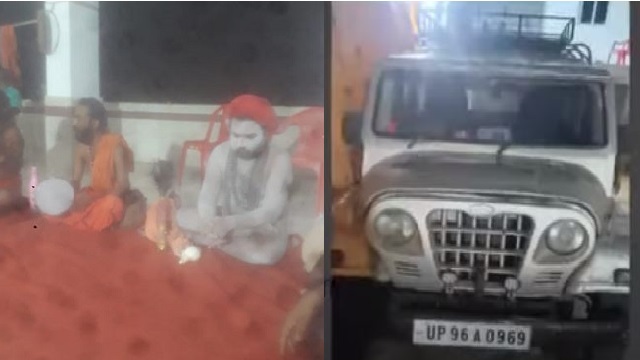KOHIMA: As the Law Commission sought views of various stakeholders on the need for a Uniform Civil Code (UCC) in the country, a church body and a tribal organisation of Nagaland asserted that implementation of such a code will violate fundamental rights of the minorities and tribal people.
The Nagaland Baptist Church Council (NBCC) expressed fear that if the UCC comes into existence, it will violate the right of the minorities to practice their religion.
The Nagaland Tribal Council (NTC) asserted that the UCC will dilute the provisions of Article 371A of the Constitution which states that no Act of Parliament would apply to the state in matters relating to religious or social practices of Nagas, Naga customary law and procedure, and others.
A UCC means having a common law for all citizens of the country that is not based on religion. Personal laws and laws related to inheritance, adoption, and succession are likely to be covered by a common code.
“Codifying the social-cultural and the religious practices by way of negating the deep-rooted values and norms of the people, especially that of the tribals and the religious minority, will amount to violation of the fundamental rights of the marginalised minority in the country”, the NBCC said.
The move by the Centre is to manipulate the social, cultural, and religious rights of the minority, NBCC general secretary Rev Dr Zelhou Keyho claimed in a statement.
Once implemented, the UCC will dilute Article 25 in the Constitution that guarantees freedom of religion, he claimed.
The NTC demanded that Nagaland be excluded from the purview of the UCC so that the “hard-earned inalienable provisions” of Article 371A remain undisturbed.
“Nagaland was granted Statehood as the 16th State of the Indian Union on December 1, 1963, by a political agreement popularly known as the 16 Point Agreement of 1960.”
“By this deed of agreement, special provision with respect to the State of Nagaland was accorded vide Article 371A of the Constitution of India,” the NTC said in a letter to the 22nd Law Commission on Saturday.
The tribal body said it had made the same representation to the 21st Law Commission in 2016.
The 21st Law Commission, the term of which ended in August 2018, had examined the issue and solicited the views of all stakeholders on two occasions.
Subsequently, a consultation paper on “Reforms of Family Law” was issued in 2018.
Implementation of a UCC has been part of the BJP’s election manifestos.

